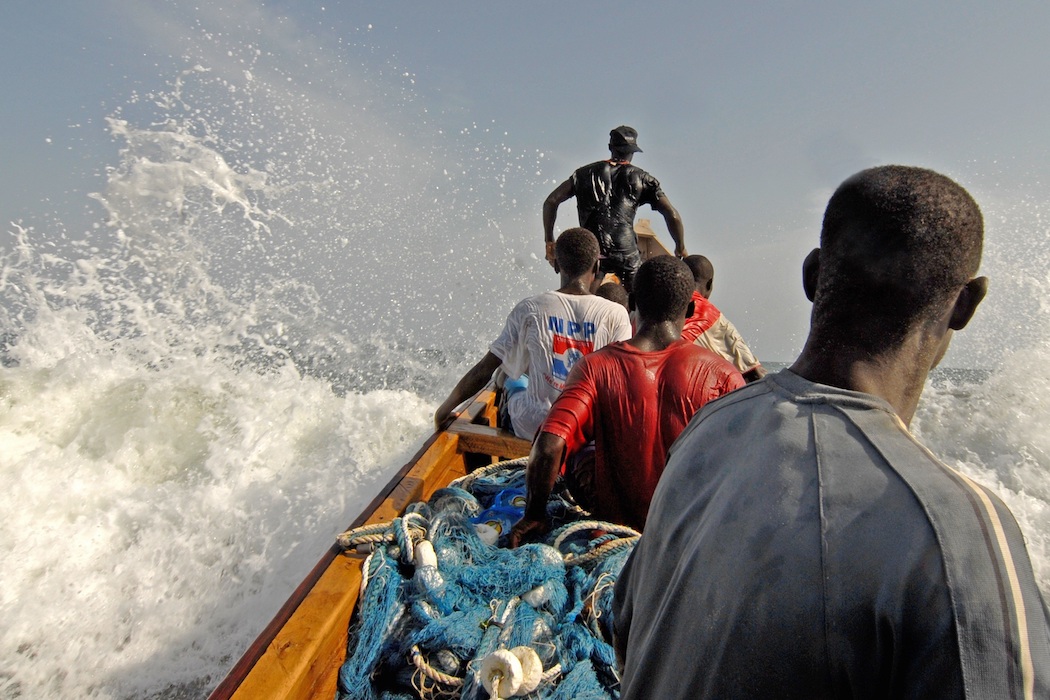IIFET 2022
Special Session
Don't forget to register your abstract on the IIFET website
Deadline: February 15st 2022
Building political will for fisheries improvement
For the next IIFET conference, held in Vigo from July 18th to July 22nd 2022, we are organising a special session for all researchers working on Fisheries Improvment Projects. If the “FIP” object is part of your research topics, please consider joining this session when registering your abstract on the IIFET website.
Major Theme to which the session relates:
Interdependency of Fishery Management and Seafood Markets
Organizer:
Sébastien Metz, Fisheries Economist, CEO of Sakana Consultants, France.
Abstract submission guide:
Abstracts can be submitted online via the Abstract Submission page, available on the Congress Website.
When submitting your abstract you will be asked whether your abstract falls within any of the major conference themes or open special sessions listed on the page. In the drop-down menu, make sure you select "Open session: Building political will for fisheries improvement"
Session synopsis:
Fisheries Improvement Projects (FIP) have been initiated at the beginning of the 2000s as a tool engaging the entire seafood supply chain towards a common goal: fostering change in fisheries management, in order to improve the status of the fishery by favoring the adoption of a precautionary approach.
Over the last 20 years, the concept has evolved with an increasing number of organizations deploying at least part of the FIP framework in different settings: from small-scale fishing communities in Indonesia to long-distant fleets targeting tuna species in the Atlantic. There are currently over 130 active FIPs around the world, with a large variety of species covered: small pelagics, large pelagics, demersal fish, cephalopods...
This session aims at gathering the researchers that are currently looking at this specific institutional arrangement and practitioners engaged in FIP design and implementation to foster discussions around key questions surrounding the “FIP” object:
- What did the FIP framework bring to the fisheries management toolbox ?
- Are there FIP attributes that are expected to drive change more than others?
- What can we learn from the FIPs that have not led to effective management reform?
- What are the stakeholders’ perceptions of this tool? Notably the fishing industry or the fisheries authorities.
- Are there other institutional arrangements that would achieve the same objective of political reform towards the sustainable management of fish stocks? What differentiate them from the FIP framework?
After having presented their work, all speakers will be invited to join a panel discussion, in order to exchange views on the session theme: “are the core attributes driving change an inherent part of the FIP framework?”
